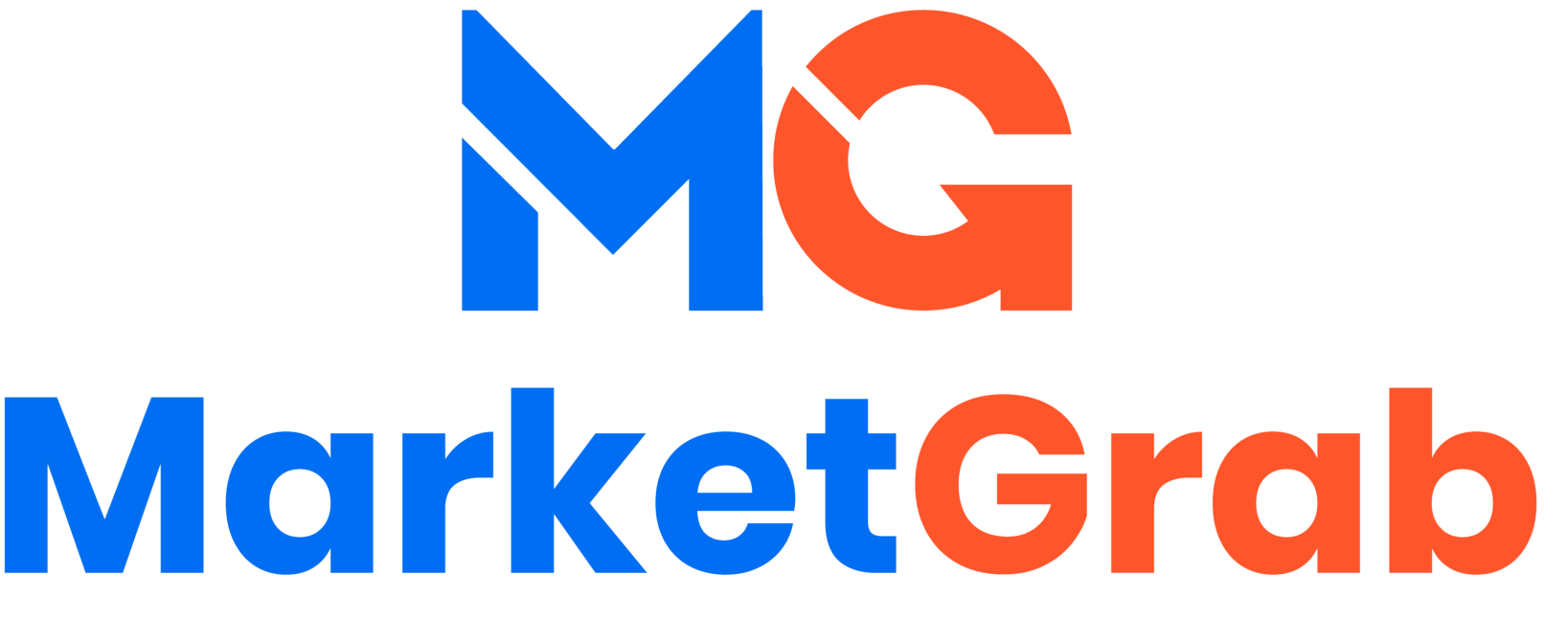Measuring Content Marketing Performance: A Brief Guide
Content marketing is helpful for any type of business in the digital age. But it requires financial investment for it to run smoothly. As a business owner or manager, you should ensure that the resources are utilised well by measuring and monitoring your content marketing efforts.
Why is measuring content marketing performance important, and how can you do it? Continue reading to find out.
Why Should You Measure and Monitor Your Content Marketing Performance?
Let’s face it: content marketing is a flexible and evolving practice. So it’s essential to keep tabs on how your content marketing is doing.
Whatever your goals are for your content marketing, it’s essential to know what’s working and what’s not. You need to evaluate the metrics on how you use your content marketing efforts to achieve your goals.
The success of your content marketing strategy will depend on measuring and evaluating your content marketing performance and making adjustments over time.
What Are the Things You Can Do to Track Content Marketing Performance?
1. Plan the Metrics You Want to Track
Before measuring your content marketing performance, you’ll need to set benchmarks. Keep in mind that every content marketing strategy is different. What works for one business won’t necessarily work for another.
When setting your goals, you need to determine the essential things for you. Here are some things you can measure:
-
Traffic and engagement
-
Calls to action
-
Leads generated
-
Social shares and mentions
-
Revenue generated from content marketing
-
Number of leads generated
-
Number of clients acquired
-
Number of sales
-
Number of downloads
-
Number of backlinks
2. Use Tools to Collect, Store and Manage Data
After you’ve set your goals and benchmarks, you need to track your content performance data. Many tools can help you collect and manage your content performance data in one place, like:
-
HootSuite offers a full suite of analytics tools for your social media management. It has built-in tools that you can use to track the performance of your content and social media posts.
-
Google Analytics is a free web analytics tool where you can set up tracking for your website, blog, and social media accounts. It’s an excellent tool for monitoring your content marketing performance data.
3. Check the Data and Turn Them into Actionable Insights
Once you’ve collected and organised your data, you need to check out the insights you can derive from them.
A/B testing is a technique that allows you to run a controlled experiment to measure the impact of changes you make to your web content. It tracks changes in the performance of a web page over different variations or combinations.
Here are some examples of content marketing metrics that can be tracked with A/B testing:
-
Change the layout of your website’s landing page to optimise the conversion rate.
-
Change the call-to-action button text to measure what language works best for your audience.
-
Change the headline to see how it impacts your content's number of social shares.
-
Change the images or pictures on your web page to determine what generates better results.
-
Change the format of your content to see whether it generates more leads or sales.
4. Spot Your Strategy’s Pain Points and Act Accordingly
Don’t be afraid to make changes to your marketing strategy. Learn from your content marketing performance data and make necessary adjustments accordingly.
Your content marketing strategy should evolve. Be sure to track your performance data to identify your content marketing’s pain points. Then modify your strategy—or the individual elements of your system—to improve your results within a reasonable budget.
Final Thoughts
Content marketing is a great way to grow your business. But it’s not a get-rich-quick scheme. Building a successful content marketing strategy takes time, effort, and resources. As a business owner or manager, you should keep track of how your content marketing is doing. You can’t improve your strategy if you don’t know what is and isn’t working.
To learn more about content marketing in London , work with us at Market Grab. Our team offers various content marketing services—from SEO to Google Ads to website design. We also provide real-time reporting to help you track your project’s success. Schedule a discovery call today to get started.










